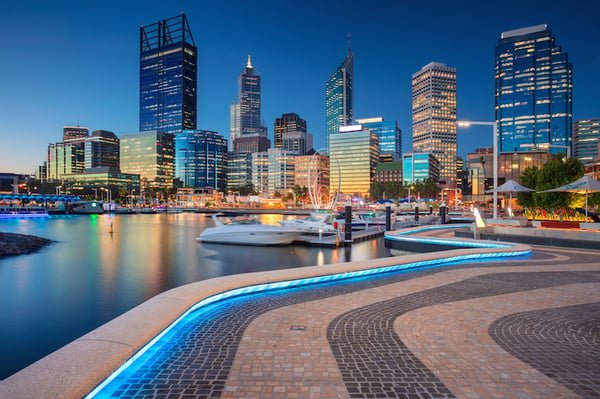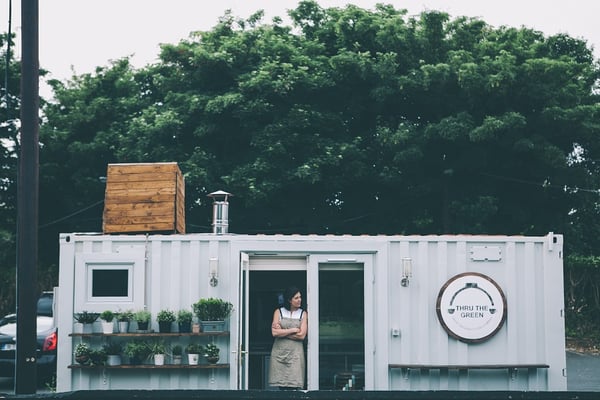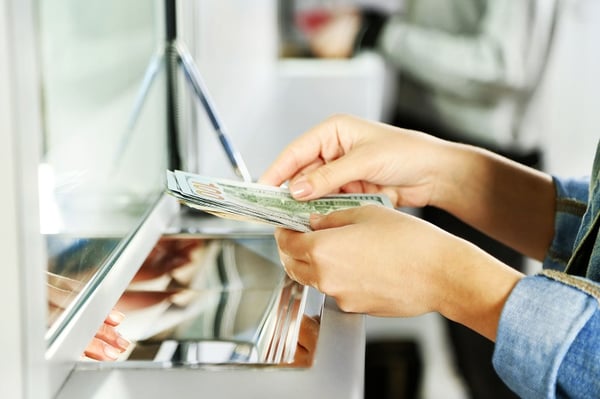How The Concept of Bleisure is Changing the Travel Industry
Millennials have become the most frequent business travelers, not only because they make up a large part of the workforce but also because they genuinely enjoy travel - whether it's personal or professional.
However, millennials also have a habit of “disrupting” everything they touch, and the travel industry is no different. Both employers and industry experts need to be aware of how this demographic is changing travel and why these changes are being made.
Here's what you need to know about millennial employees and how they are changing business travel.
The Rise of Millennials and Buying Business Travel
Before you can understand how the travel industry is changing, you have to look at the people who are changing it and what they value. Millennials are traveling for business more than previous generations (even with increased digital communication) and ensuring the travel industry caters to their needs.
“A new group of frequent flyers and business travellers has surfaced among 26-35 year olds, who are demonstrating distinctive travel and spending habits,” the team at Buying Business Travel writes.
“This group are very well-traveled, making an average of 24 round trips per year and nine business class flights. They are keen to show they are ‘making it,' take an average of seven gadgets while they fly, and spend money on additional business travel benefits that offer convenience and comfort.”
Primarily, there are three things the travel industry needs to know about millennials business travelers.
-
Young People Care About Value
Price is just one factor young people care about. They also care about value and long-term benefits.
“Millennials who travel for work are more interested in loyalty programs that give them opportunities to get free or discounted travel rather than upgrades,” Lauren Anzaldua writes at 30 Seconds to Fly. “[They're] quick to change to a different loyalty program with a new company if they believe they will be getting a better deal that offers them more value. They don't necessarily seek out the cheapest option, but rather the biggest bang for their buck.”
-
They are Ambitious in Their Careers
Young people don't want to commute back and forth endlessly. They want their travel meetings to have a greater purpose and be part of the big picture.
“[Millennial employees] expect their employers to offer opportunities for personal development, a clear career path, stimulating challenges and a work-life balance,” Katarzyna Fabianska writes at Travelport.
“They have more clearly defined ambitions than previous generations and aim high when it comes to their salary. ... Corporate trips also need to be ‘developmental' in nature, and millennials certainly fly more for conferences, training, recruiting and other one-off reasons related to career development.”
-
They Value Experiences More Than Salary
This information is actually beneficial to companies, some of which promote travel as a recruitment tactic. A company might be able to recruit top talent - even if it's unable to pay them well - if it's able to offer unique travel opportunities and professional growth.
“They are more interested in traveling internationally, for both business and leisure, than the generations before them, and they are more interested in global cultural experiences,” writes Katharine Williams at Goldspring Consulting.
“The high value placed on these experiences carries over into other aspects of life, including income (millennials would rather make $40,000 at a job they find interesting than $100,000 at a job they found boring) and travel preferences.”
By understanding these spending habits, it's easier to understand why the travel industry is evolving the way it is. The changes industry leaders are seeing all reflect millennial values and career goals.

The Line Between Business and Leisure Has Blurred
Business travel typically elicits an image of a world-weary professional sitting in a lonely hotel and waiting to catch the quickest flight back home. This is not the millennial business traveler. Young people have combined the elements of business and leisure to turn business travel into a fun and engaging experience.
“In the old days, business travel was very much distinct from leisure travel,” Ben West writes at TravelNews. “Today, with the modern businessperson's increasing ability to work flexibly - whether through technological advance or new attitudes to working practices - business travellers are much more likely to throw some leisure time into their business trip.”
In fact, one survey by BridgeStreet Global Hospitality found that 83 percent of professionals use time on business trips to explore the city, and 46 percent add personal travel days to their business trips to give them more time to explore.
“This always-on connected generation is more apt to deploy a business-mixed-with-pleasure mindset,” Nick Vivion writes at Sabre. “For hoteliers and travel suppliers, bleisure travelers offer a clear opportunity to increase revenues from business travelers extending stays. Non business-oriented hotels should also strategise targeted marketing to this demographic to grab share from business-focused hotels with less appeal as leisure accommodation.”
This has suddenly made travel agents more useful, especially when it comes to striking the delicate balance between business and leisure.
“When a business purpose was included in a trip, a travel agent was involved significantly more often than when no agent was involved (47% vs. 12%), and the amount spent averaged $1,556 vs. $1,332 for pure leisure trips,” Johanna Jainchill writes at Travel Weekly. “Many travel agents are already tapping into this trend by learning to wear both corporate and leisure hats.”
What used to be a hard leap - convincing business travelers to add leisure activities to their agendas - is now an important part of the travel booking process. Gone are the days of the business traveler who visits India but never sees the Taj Mahal, or stays in downtown Paris without ever seeing the Eiffel Tower.
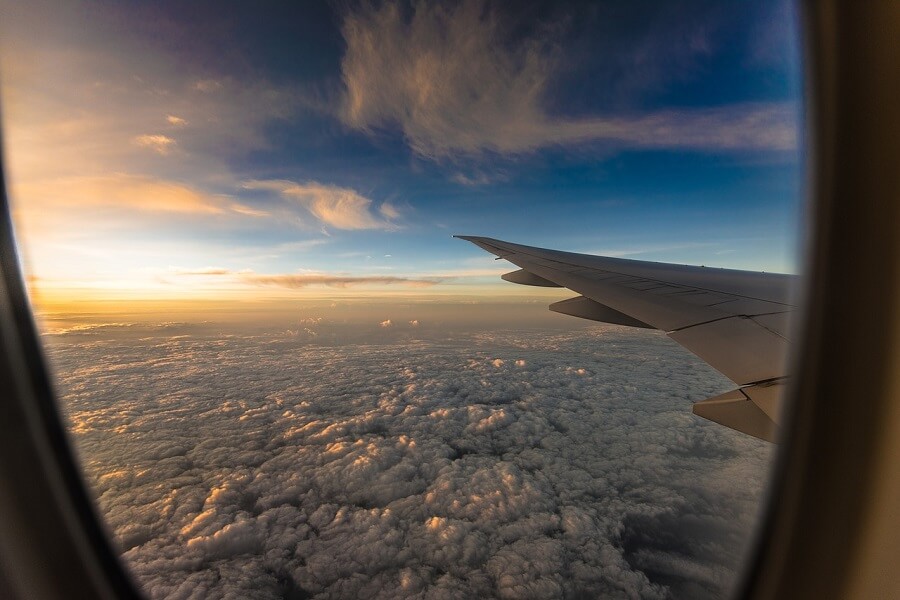
The Emphasis on Value Has Boosted No-Frills Travel
Millennials are more focused on value over price. They're price-conscious, sure, but they're willing to spend if they feel like there's value in paying more. Conversely, they're willing to cut spending when they feel they're not getting enough bang for their buck. This mentality has turned the airline industry on its ear and has been a boon for low-budget carriers.
“Companies are always looking for ways to reduce costs, and 2016 is no different,” Ross Fastuca wrote last year at Locomote. “While a little belt-tightening is happening for most companies, it doesn't necessarily mean there will be less travel. Instead, companies are getting smarter at reducing the costs associated with corporate travel.”
The no-frills experience has even started to work its way up to major airlines. America's United Airlines launched a “basic economy” section last year that restricted overhead compartment space and limited seating ability for a reduced rate.
“United's new fare is really a way for one of the country's biggest airlines to compete with a new threat: The so-called Ultra Low-Cost Carriers,” Alex Fitzpatrick writes at Time. “These upstart airlines work like Ryanair in Europe, offering a zero-frills ticket at a low price while charging for everything from checked bags to reserved seats. United figures that it can compete with these new rivals by offering service that's a little cheaper and packs fewer frills, but still offers a better overall experience.”
Today, nearly half of all flights in Western Europe and the United States are on budget carriers, which is one consequence of the perceived price-gauging from traditional airlines. While travelers understood and accepted increased fares when oil was expensive, airlines have decided to pocket the savings of cheap oil instead of passing it down to customers.
“In the summer of 2008, oil was closing in on $150 a barrel ... as of this writing, it hovers around $30 a barrel,” Rick Seaney writes at Investopedia. “Demand for travel at current prices is good. They are constantly probing demand by launching airfare hikes to see if we'll pay even more. Of course, if ticket buying slacks off, so will prices. In other words, airlines want to fly planes with every seat filled and every passenger paying the most money possible.”
Some industry experts believe the rise in budget carriers will eventually lead to a meeting point between traditional airlines and their no-frills counterparts.
"We have seen how in Europe low-cost airlines such as Ryanair have dropped routes to low-margin secondary cities and started to fly to major airports in an attempt to move upmarket," Pere Suau-Sanchez tells CNN. "At the same time, cost-cutting businesses, particularly small and medium sized firms, have eagerly embraced low-cost air travel."
While legacy carriers are starting to offer no-frills options, budget carriers are making travel easier by targeting mainstream airports.
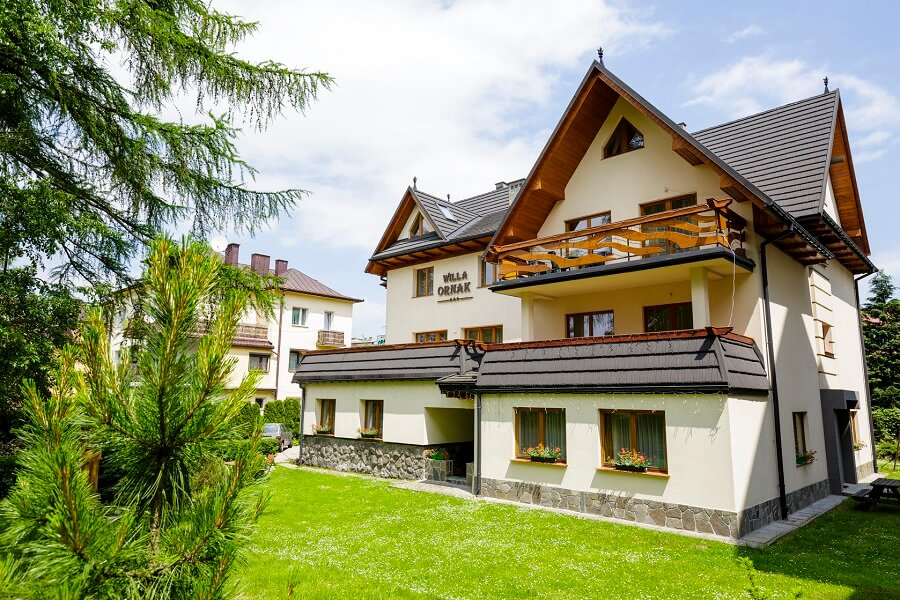
The Sharing Economy is Growing in Business Travel
Speaking of value, young business travelers are exchanging traditional hotel stays for more affordable options. Staying in an Airbnb, for example, is often more affordable and also creates a more authentic experience. Travelers are able to feel as if they lived in a city for a few days instead of just commuting from the hotel to the office for a week.
“Although tracked sharing economy usage is still relatively marginal at just 2.5% of total accommodation bookings, the average paid rates were 37% lower,” Carlson Wagonlit Travel writes in their ViewPoint Whitepaper.
“The study also identified a clear pattern in the length of stay; Airbnb stays are twice as long as traditional hotels, with seven nights' stay on average. ... In conclusion, sharing economy cost savings are available for any company with the right cultural fit and a willing segment of travelers, assuming right-sized opportunities in the appropriate destinations with the right length of stay.”
Willingness doesn't seem to be an issue so much as consistency. Most travelers know what they're getting when they book at a Holiday Inn or Hilton, but some travelers and employers are still nervous when choosing Airbnb for business travel.
“Companies are beginning to realise that some of their travellers are probably already using these services, and more companies are exploring ways to bring sharing economy services into their managed travel programs,” Lisa Akeroyd and Akshay Kapoor write at Lifehacker Australia.
“While services like Airbnb provide opportunities for savings, traditional suppliers like hotels and serviced apartments offer a high degree of consistency in service across their properties. They also provide greater assurances around safety, traveller tracking and integrated distribution and booking channels.”
Whether or not organisations actively make reservations through Airbnb or approve of Uber, it's likely their employees are using these travel options anyway.
“While 40% of respondents reported using services like Uber and Airbnb when travelling abroad for business, 75% of organisations lack policies or procedures for how to use these services during international business travel,” International SOS found. “In addition, more than half of the respondents didn't know whether their organisation had considered the legality of sharing services in certain countries.”
Video Conferencing Isn't Replacing Business Travel
Many people thought video conferencing might reduce if not eliminate most business travel; however, industry experts believe that in-person meetings (especially for group sessions and sales pitches) still reign supreme.
“A full-on trade show, with demos and new products, as well as private meeting spaces for confidential discussions, cannot really be replicated online to any reasonable extent,” writes Dean Bubley, a telecom futurist and communications analyst writes.
“Neither can good interactive workshops, or even summit-type conferences. As a regular panel moderator and conference chair, I don't think anywhere near the same experience could be done via video as in person.”
There are two main reasons why in-person meetings will keep the business travel industry stable. The first has to do with the effectiveness of conveying messages and holding the audience's attention. Multiple studies have shown that employees are incredibly busy on conference calls and do everything but pay attention.
“More than 60 percent of respondents admitted to doing other work or sending an email while on a conference call,” Derek Thompson writes at The Atlantic. “More than half the people on the line are eating (hopefully on mute). Just under half are in the bathroom (hopefully on mute!). One in five are shopping. One in 11 are exercising. Six percent are taking another call.”
Simply put, if you want people to listen to what you actually have to say, it's best to speak to them in person.
The second reason has to do with relationship-building. It's possible to motivate employees or vendors and connect on a personal level in-person in a way that's still nearly impossible online.
“Often times, when companies offer the possibility of virtual meetings, people still choose to attend face-to-face meetings because they offer the chance to network and become part of a community,” Onur Mete writes at b2match.
“The business world's emphasis on networking has resulted in people placing a high value on professional relationships. Virtual meetings don't offer the after-meeting social gatherings or the same connection that face-to-face meetings do.”
An after-work dinner can do more to build a healthy relationship than countless check-in meetings ever can.
Many aspects of business travel will never change. People will probably always want to meet in person, and companies will always want to save money.
However, the way people meet (how they get there and what they do when they're there) is changing dramatically. In the short term, businesses might find themselves scrambling to keep up, but those who evolve will become more efficient and productive in the long run.
images by: ©vadimgozhda/123RF Stock Photo, Pexels, bulletrain743, ©marekusz/123RF Stock Photo



